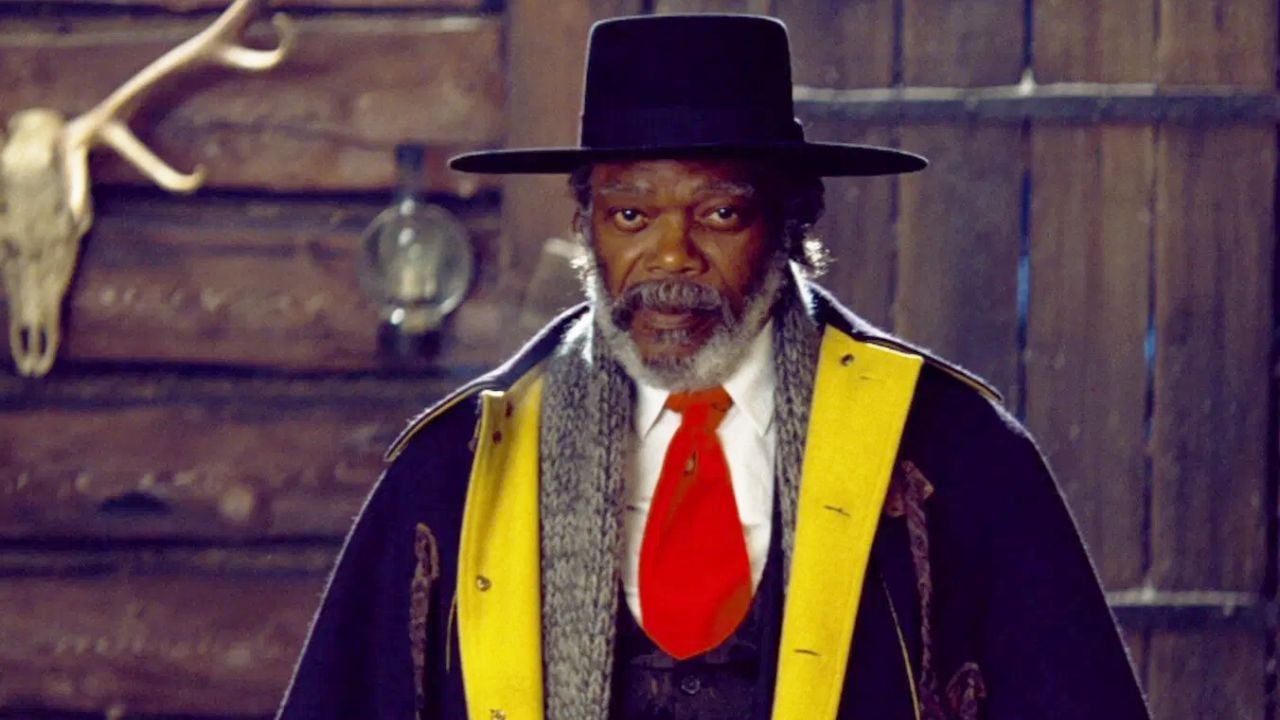Excessive commitments and meetings can increase stress and trigger psychosomatic symptoms
With the arrival of December, the festive atmosphere and the end of the year can bring with it an intense emotional charge. The rush to achieve goals, social obligations and the personal balance of results and challenges accumulated over the months create fertile ground for stress.
Psychologist Tatiane Mosso warns that this period, even if festive, can be a trigger for stress, which reflects the mental overload on the body. Prolonged stress not only affects the mind, but also triggers a series of physical symptoms, called psychosomatic.
Caution signs
According to Tatiane, the most common signs of end-of-year stress include:
- Muscle pain and tension in the neck and shoulders: resulting from a constant state of alert and anxiety;
- Gastrointestinal problems: such as gastritis, reflux and sensation of “knot in the stomach”;
- Changes in sleep: difficulty sleeping or restless sleep, caused by a racing mind;
- Extreme Fatigue: Even after a good night’s rest, the feeling of tiredness persists,
- Decrease in immunity: relieve colds, infections and other health problems.
Avoid end-of-year stress
To face the last month of the year with balance, the psychologist recommends some strategies to deal with stress in a healthy way:
1. Prioritize tasks and delegate responsibilities
Not everything has to be done by you, not everything has to be perfect. Set priorities and know how to say “no” when necessary.
2. Take care of your breathing
Simple practices like breathing deeply and taking breaks awareness They help reduce tension and slow down the pace.
3. Maintain a healthy routine
The end of the year is famous for excesses, but it is important to maintain a balanced diet, practice physical activity and preserve moments of rest.
4. Reflect without excessive personal demands
Taking stock of the year should be a time of learning, not punishment. Celebrate small accomplishments and recognize challenges faced.
5. Seek professional help
If symptoms of stress persist or compromise your quality of life, it is essential to consult a psychologist. Having emotional support can make all the difference in ending the year on a lighter note.
Source: Terra
Ben Stock is a lifestyle journalist and author at Gossipify. He writes about topics such as health, wellness, travel, food and home decor. He provides practical advice and inspiration to improve well-being, keeps readers up to date with latest lifestyle news and trends, known for his engaging writing style, in-depth analysis and unique perspectives.








